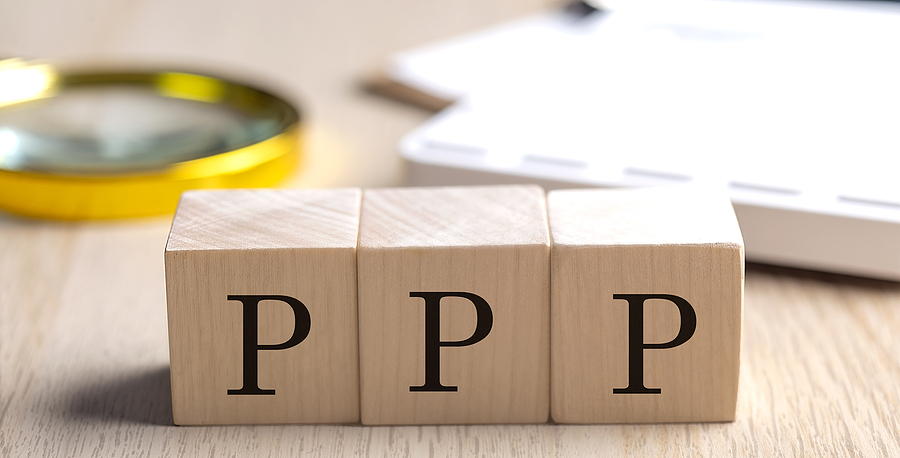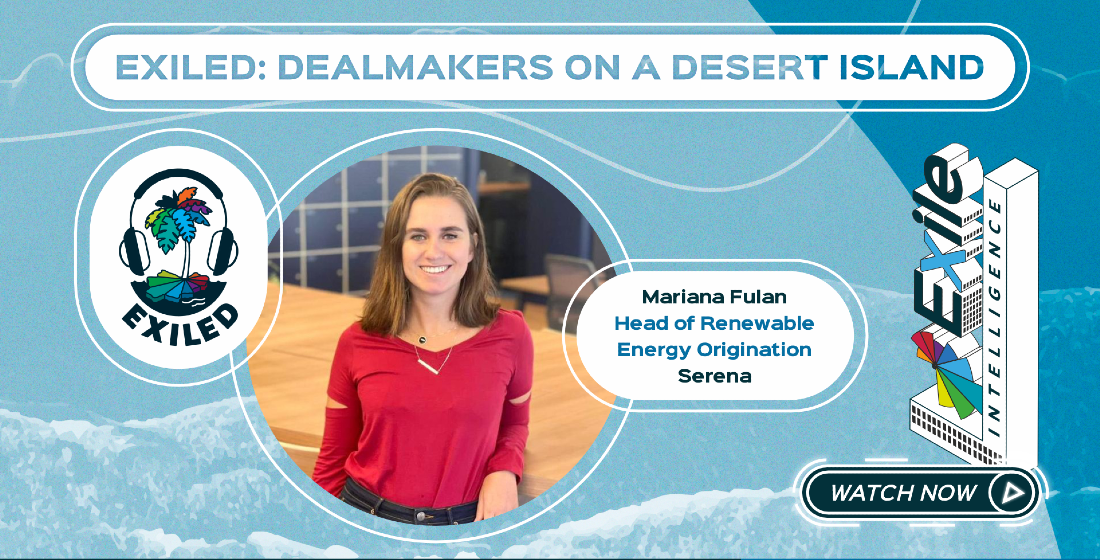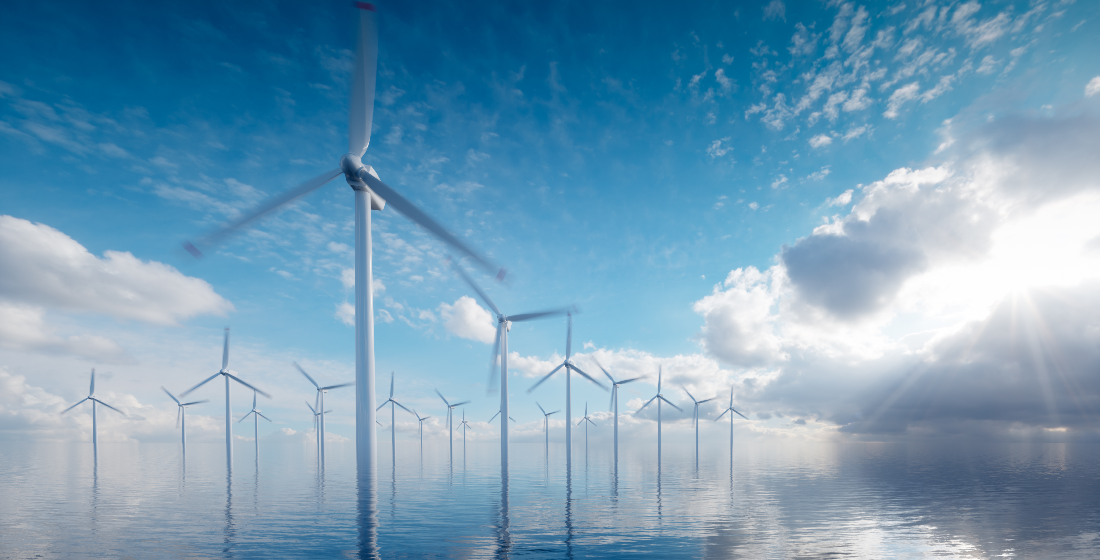GCC social infrastructure PPP builds on solid legal blocks
Social infrastructure PPP continues to accelerate in the GCC, particularly Saudi. And the back-story is no longer one of diminished government coffers.

The development pipeline of social infrastructure project PPPs is continuing to accelerate and broaden across the GCC. No longer is PPP in the region simply a list of BOOT/BOO concessions in the power and utility sectors. And no longer can the growth of social infrastructure PPP in the region be attributed to pressure on government budgets – Saudi Arabia still accounts for the vast majority of PPP in the region and the government’s coffers have been piling up again in the post-Covid period of ballooning oil and gas prices: Saudi’s budget deficit is projected at 1.9% of GDP next year.
PPP has gone from an alternative method of government procurement to the mainstream direct state-funded model financed by oil and gas revenues in the past, to the mainstream model of choice in terms of cost efficiency (NPV benefit) and economic diversification. Even stripping out the PIF-backed Saudi mega-PPPs (Neom Green Hydrogen for example) and the independent water and power sectors, the volume of social infrastructure PPPs – sectors such as education, FTTH, local transport, healthcare, construction worker accommodation, judicial buildings and street lighting – is growing along with frequency of deals in the pipeline.
In Saudi Arabia, Al-Madina Region Development Authority (MDA) has recently qualified bidders for a PPP concession to develop a bus rapid transit network. The Ministry of Transport and Logistic Services is also expected to release the tenders for two highway services PPP projects in the first quarter of 2024 for the Jeddah-Makkah highway and the tender for a $320 million extension of the Jeddah-Jazan Highway. And earlier in the year Saudi Arabia’s Ministry of Health awarded a diagnostic imaging PPP project to Altakassusi Alliance Medical, while the Zakat, Tax and Customs Authority announced seven PPP projects – largely port and renewables projects but also development of a facility for training 300 police dogs annually and managing kennels in various ports under a DBOM model.
And the pipeline is not just growing in Saudi. In Kuwait there are plans to launch a tender to select a private sector partner for the final stage of the country’s fibre network project. And Oman’s Ministry of Finance recently qualified five companies – VINCI Highways, STRABAG Motorway, China Communications Construction Company, Plenary Middle East and Bouygues Travaux Public – to design, construct, finance, operate and maintain the Salalah-Thumriat Truck Road under a PPP concession.
That list is by no means exhaustive, but it does demonstrate both geographic and asset type spread. For example, one of the less mainstream, albeit small, PPPs closed this year was the $80 million Noor 2 street lighting project in Abu Dhabi. The project, sponsored by Nojoom – a 50/50 joint venture between EDF and ENGIE – was awarded as a 12-year DBFOM concession by ADIO and DMT in 2022 and comprises the installation of over 133,000 LED luminaires across Abu Dhabi.
The project is the second and largest phase of Abu Dhabi’’s streetlighting programme – a retrofitting scheme designed to cut street lighting energy costs by around 74%. Closed in May 2023, Noor 2 was financed on a 50:30 debt to equity ratio, with Standard Chartered underwriting $55 million of debt and later being joined as lender by Emirates Development Bank. Standard Charted also put up an equity bridge loan for ENGIE, with UniCredit providing the same for EDF.
Noor 2 was procured under Abu Dhabi’s 2019 PPP law, and across the whole GCC region similar laws have been put in place – in Dubai, UAE federal, Oman, Saudi, Kuwait and Qatar – that have helped stimulate the PPP pipeline. All are fairly comprehensive, although step-in rights are still not covered in any of them other than Kuwait, and only partially in Qatar. Most are also based on civil law, where codified laws prevail rather than relying on precedents, making them more predictable given there were few precedents to draw on.
Despite being the biggest PPP market in the region, Saudi Arabia only passed its Private Sector Participation (PSP) Law in 2021, thus finally providing a formal legal foundation for PPPs. Unlike sectors that made use of PPP prior to the law (power and utilities, and most notably the Madinah Airport PPP back in 2012), almost all Saudi social infrastructure PPP projects will be regulated under the terms of the PSP Law.
The PSP Law improves on the previous PPP framework by its codification of the procurement process and is very prescriptive on the government side in terms of the pre-bid documentation needed, giving considerable certainty to bidding companies.
Other improvements brought in by the law include the acceptance of arbitration (including in international courts), the requirement that foreign investors and Saudi investors must be treated equally in terms of awards and tender procedures, and the fact that the National Center for Privatization (NCP) can exempt projects from ‘Saudization’ rules concerning employing a certain quota of Saudi workers. The PSP Law also allows procurement authorities to include compensation provisions in concessions in case a project is terminated and for the Council of Economic and Development Affairs (CEDA) to intercede rapidly in matters relating to permitting. In addition, private sector parties can now collect revenues directly, an activity that used to be highly restricted.
The Proximo perspective
There is considerable political will behind PPP development in the GCC – particularly in Saudi as it pushes its Vision 2030 forward, of which large scale privatisation of state assets and services via a PPP procurement model is a large part. And while that will remains PPP is only likely to grow further.
Social infrastructure PPPs are, arguably, a relatively small niche within that overall programme. But they also potentially proffer a steady pipeline of repeat business in a regional market dominated by very long-term industrial scale and mega-projects. Furthermore, social infrastructure tends to be more of an NPV benefit driven market, not a budget-constrained market – for example, Abu Dhabi did not need to upgrade its street lighting, but the NPV benefit from the energy cost saving and the advantage of private sector participation, in terms of technology and maintenance, made the economics stand up to scrutiny. In short, what is driving social infrastructure PPP development in the GCC has changed – it is now more about NPV benefit and not government balance sheet relief, and is based on solid legal foundations: that makes for a healthy and reliable deal pipeline.





